While there are several factors that can impact your skin (like habits and hormones), eating real food can help contribute to good, clear skin. Today I’m sharing six nutrients that are superstars when it comes to maintaining a glowing complexion.
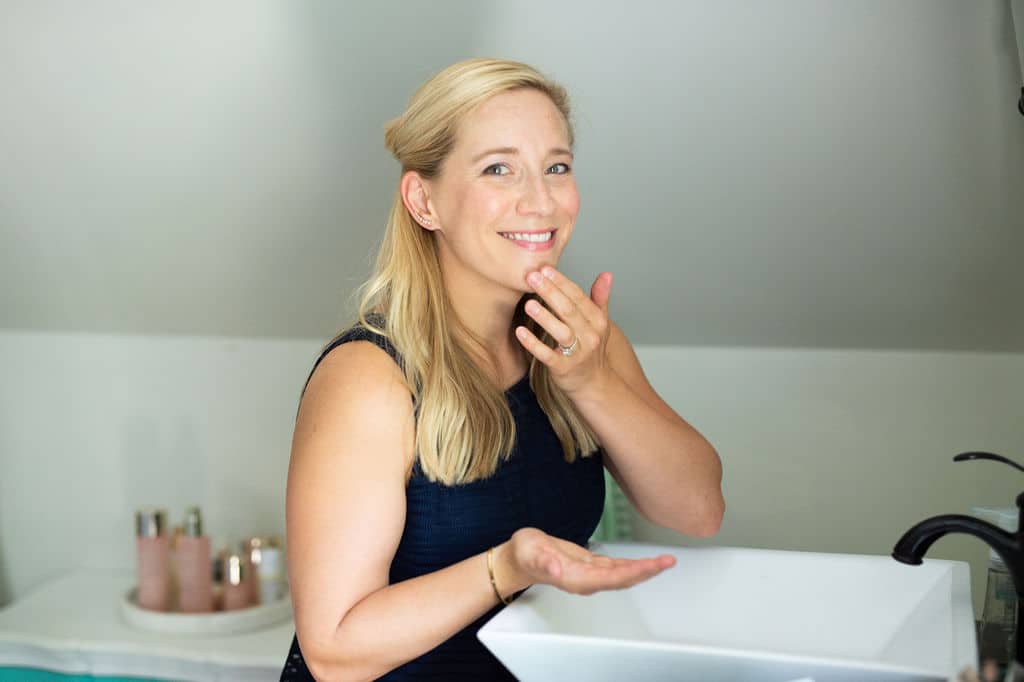
Do you find your skin to be lackluster and dull when you aren’t eating your best? Do you correlate breakouts with eating certain foods? If so, you’re not crazy.
Skin issues (think acne and eczema) can be a result of what’s going on inside in your body and directly related to what you are eating. (Read more about sugar + skin here or vitamin A and E + acne here.)
Allergies and other medical issues aside, eating a diverse diet full of nutrient-dense foods will give you the proper nutrients to support your largest organ.
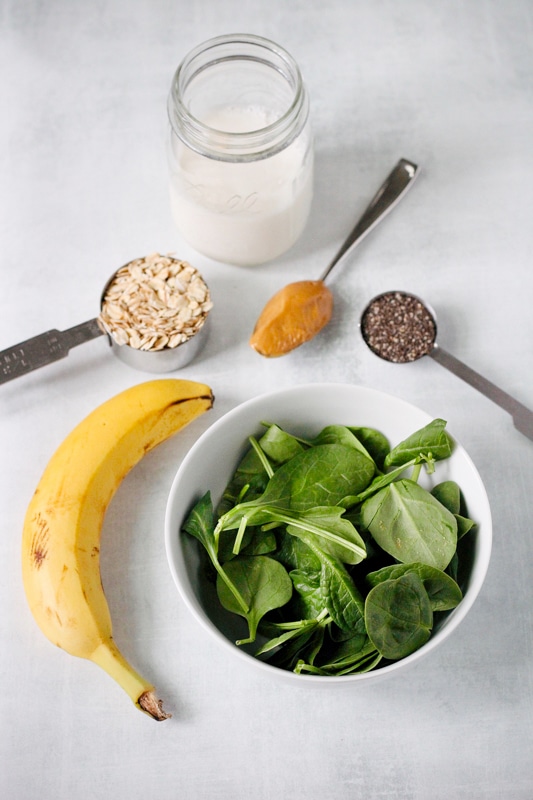
Real Food For Good Skin
Real food is powerful medicine. I mean, it’s what I’ve been preaching here on KERF for over a decade!
What is real food: whole, single-ingredient foods that are free of chemical additives and rich in nutrients.
While topical products can most certainly support healthy skin (I’m looking at you, Beautycounter – my favorite safer skincare products), if you are struggling with your skin, you may want to double check you are supporting your skin from the inside out with a healthy diet. Have you noticed how staying hydrated, or lack thereof, impacts your skin? You can protect your skin with what’s on your plate — and using SPF protection.
6 Nutrients For Glowing Skin
Vitamin C
What is it? Vitamin C is an antioxidant found in fruits and vegetables that acts as a defense system to fight against harmful free radicals. It also helps you synthesize collagen, a key building block to give your skin structure. Vitamin C also works together with vitamin E, greatly extending the antioxidant activity of both.
Where to find it: cauliflower, citrus fruits, berries, bell peppers, broccoli, papaya
Recipe: Cauliflower Mashed Potatoes
Vitamin A (a.k.a. beta carotene)
What is it? In addition to supporting good vision and the immune system, vitamin A is another powerful antioxidant that supports cell growth – it is needed for epithelial tissue maintenance and repair. Low vitamin A (along with vitamin E and zinc) has been linked to acne.
Where to find it: dark leafy greens, sweet potatoes, carrots, whole eggs, raw cow’s milk and yogurt
Recipe: Perfect Baked Sweet Potato Fries
Omega-3s (a.k.a. healthy fats)
What are they? Essential fatty acids that support almost every system in our bodies! DHA is a structural component of your cell membranes, the gatekeeper of our cells (skin cells included!) Omega-3s may help reduce your risk for acne.
Where to find it: fatty fish, grass-fed beef, walnuts, chia seeds, flaxseeds
Recipe: 7 Easy Chia Pudding Recipes
Zinc
What is it? Zinc is an essential mineral with many roles in the body, including the immune system and reproductive health. Recent research suggests zinc has antibacterial and anti-inflammatory effects that it may decrease sebum (oil) production and help with acne. Along with vitamin C, zinc also supports collagen synthesis.
Where to find it: shellfish, grass-fed beef and lamb, sesame and pumpkin seeds, garbanzo beans, quinoa
Recipe: Lemon Cream Hummus
Selenium
What is it? Yet another antioxidant, selenium also helps to clean up those annoying free radicals, preventing them from treating your skin like a college party gone wild.
Where to find it: oysters, brazil nuts, wild tuna, shrimp, sardines, salmon, grass-fed beef, pastured poultry, grains and sunflower seeds
Recipe: The Very Best Sardine Salad
Probiotics
What are they? Probiotics are harmless “good” bacteria that live in our digestive tract. They have been linked to improvements in many skin conditions including eczema, dermatitis, acne and UV skin damage (which can lead to skin aging faster and skin cancer).
Where to find them: raw sauerkraut, kimchi, kombucha, yogurt
Recipe: Savory Yogurt 3 Ways
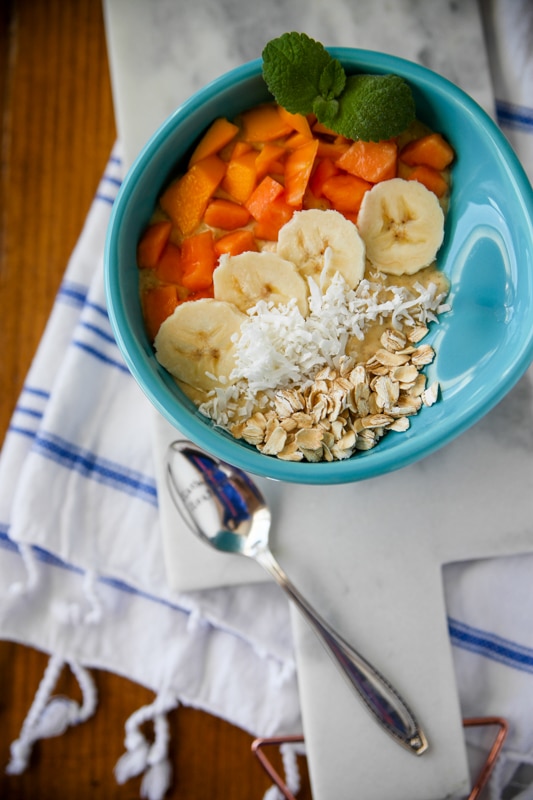
Bonus: Antioxidants
Found in foods like dark chocolate and green tea, antioxidants are substances that protect the skin’s cells from oxidative damage caused by free radicals and environmental stressors like ultraviolet light and everyday pollution.
In addition to eating them in real food, antioxidants are often included in skincare products because of their powerful anti-aging benefits, such as Vitamin C serum. The antioxidant-rich formula helps defend skin from the damaging effects of environmental stressors and brightens complexion.



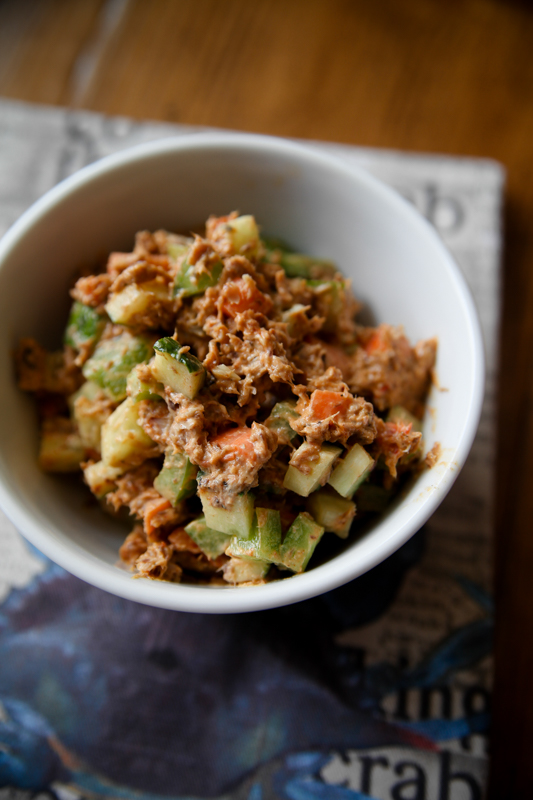
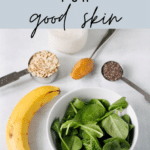


Susan Dewhirst says
Love this post and the “where to find it” section, would love to see little sections with your food posts with the reverse. For example, your family has a meal of steak, Brussels sprouts and sweet potatoes, what are the nutrients and benefits from that meal? Thank you!
Kath Younger says
That’s a good idea to reverse it!
Charmaine Ng | Architecture & Lifestyle Blog says
I love this! So healthy! 🙂
Charmaine Ng | Architecture & Lifestyle Blog
http://charmainenyw.com
Katie says
Helpful and interesting post – thanks Kath!
Jocelyn says
So important! Thanks for sharing.
Nisha says
So true! Heathy food definitely makes a difference to the skin. I have been having aloe garcinia juice for sometime now and it has so many health benefits. Love this herbal juice by Kapiva!